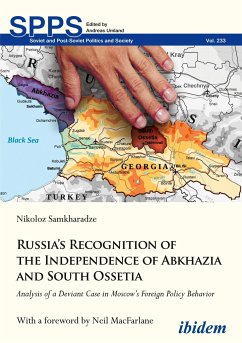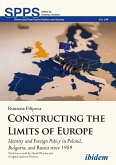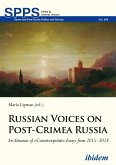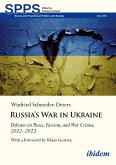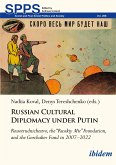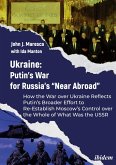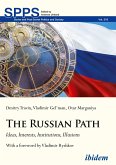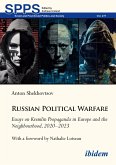The Russian Federation's official acknowledgement of the independence of Abkhazia and South Ossetia in August 2008 has since been undermining both overall political stability in the Southern Caucasus in general and future perspectives of Georgia's development in particular. Such recognition of new quasi-legal entities without consent of the parent state and a subsequent erosion of the principle of territorial integrity are pressing challenges in current world affairs. The Kremlin's controversial 2008 decision continues to be an important bone of contention in Russian-Western relations.This study explores the emergence and recent transformation of modern norms of recognition, secession, and self-determination in international law. It traces the evolution of Soviet and Russian perspectives on the recognition of new states, and discusses overall Georgia-Russia relations in order to answer the question: Why did the Kremlin recognize Georgia's two breakaway entities in contradiction to traditional Russian approaches to recognition? The author argues that Moscow's deviant behavior vis-à-vis Tbilisi was caused by three major reasons, namely: the earlier recognition of Kosovo by many Western nations in disregard of Russia's stance, the intention to prevent Georgia's accession to NATO, and the necessity to legitimize a continued presence of Russian armed forces in Georgia's two breakaway provinces.
"Dr. Samkharadze is to be congratulated for his analysis of the Russian recognition of Abkhazia and, by extension, South Ossetia. The recognition is a departure from Russia's previous practices on recognition and poses interesting questions regarding the handling of secession, self-determination, and sovereignty in international law and practice. His perspective is a refreshing and valuable contribution to the literature."-Dr. Neil MacFarlane, Lester B Pearson Professor of International Relations, University of Oxford

